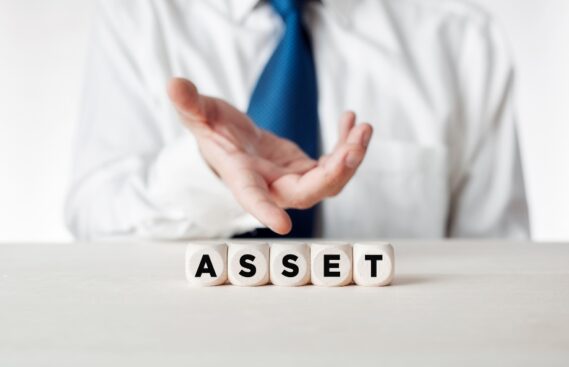Asset Class: Categorizing Similar Investments
Asset class refers to the grouping of assets that share similar characteristics and fundamentals. This grouping considers factors such as liquidity, risk, and returns.
To illustrate this concept, let's use everyday items as examples to provide a clearer picture. Consider items such as mobile phones, landline phones, laptops, televisions, radios, cameras, and MP3 players. While these items share common characteristics and can, for instance, take pictures using cameras or play music through MP3 players, each type of device has unique features that distinguish it from the others. They cater to different user needs and purposes.
There are five main types of asset classes:
1. Cash: Represents currency in various forms, including coins, banknotes, and different types of bank deposits. Includes cash equivalents, short-term investments with high liquidity that can be easily converted to cash, such as money market instruments.
2.Equity: Encompasses ownership interests in companies, represented by stocks or shares. Investors holding equity may receive returns in the form of capital gains (changes in the stock's value) and dividends (share of company profits).
3.Fixed Income: Represents debt securities, indicating borrowing by the issuer. Holders of fixed income securities act as creditors and may receive principal repayment along with interest payments.
4.Real Estate: Involves physical properties, including land and structures built upon it. Examples encompass residential properties, commercial buildings, apartments, condominiums, and rights to land ownership.
5.Commodities: Includes physical goods such as gold, silver, oil, and agricultural products. Commodities can be traded on exchanges and serve as a hedge against inflation.
6. Commodities: A Global Standardized Product Commodities are products with a universal standard, regardless of where and by whom they are produced. They can be broadly categorized into two main types: Hard Commodities and Soft Commodities.
- Hard Commodities:
- Products that occur naturally, such as coal, gold, and oil.
- Examples include minerals, precious metals, and energy resources.
- Soft Commodities:
- Products resulting from human production, such as various agricultural products.
- Examples include rubber, corn, and wheat.
In the current investment landscape, professional investors often recommend a diversified approach across three main asset classes: Stocks, Bonds, and Cash. This is because stocks tend to perform well during robust economic growth, while bonds offer favorable returns during economic downturns. Cash reserves, including investments in highly liquid money market funds or savings accounts, are suggested as a precautionary measure for unforeseen events. It is worth noting that each of these asset classes has its drawbacks.
Investing in stocks is associated with the potential for good returns during periods of economic strength, while bonds can offer favorable returns during economic downturns. Maintaining cash reserves, including investments in highly liquid money market funds or savings accounts, is suggested as a precautionary measure for unforeseen events. However, each of these asset classes has its drawbacks, and the key is to strike a balance that aligns with the investor's risk tolerance and financial goals.
7.Cash is considered the safest option for preserving your investments, and it is the most liquid asset. However, holding cash may be affected by inflation, and the long-term returns are often lower than other asset types.
8.Bonds typically offer better long-term returns than cash because bondholders often receive higher interest rates than the returns from money market or savings funds. However, there is a possibility that bondholders may incur investment losses.
9.Stocks have the potential to effectively outpace inflation in the long term. However, in the short term, stock prices can be highly volatile, leading to significant investment losses if investors are not cautious.
Information for 𝐏𝐚𝐬𝐬𝐢𝐨𝐧 𝐑𝐞𝐚𝐥𝐭𝐨𝐫










